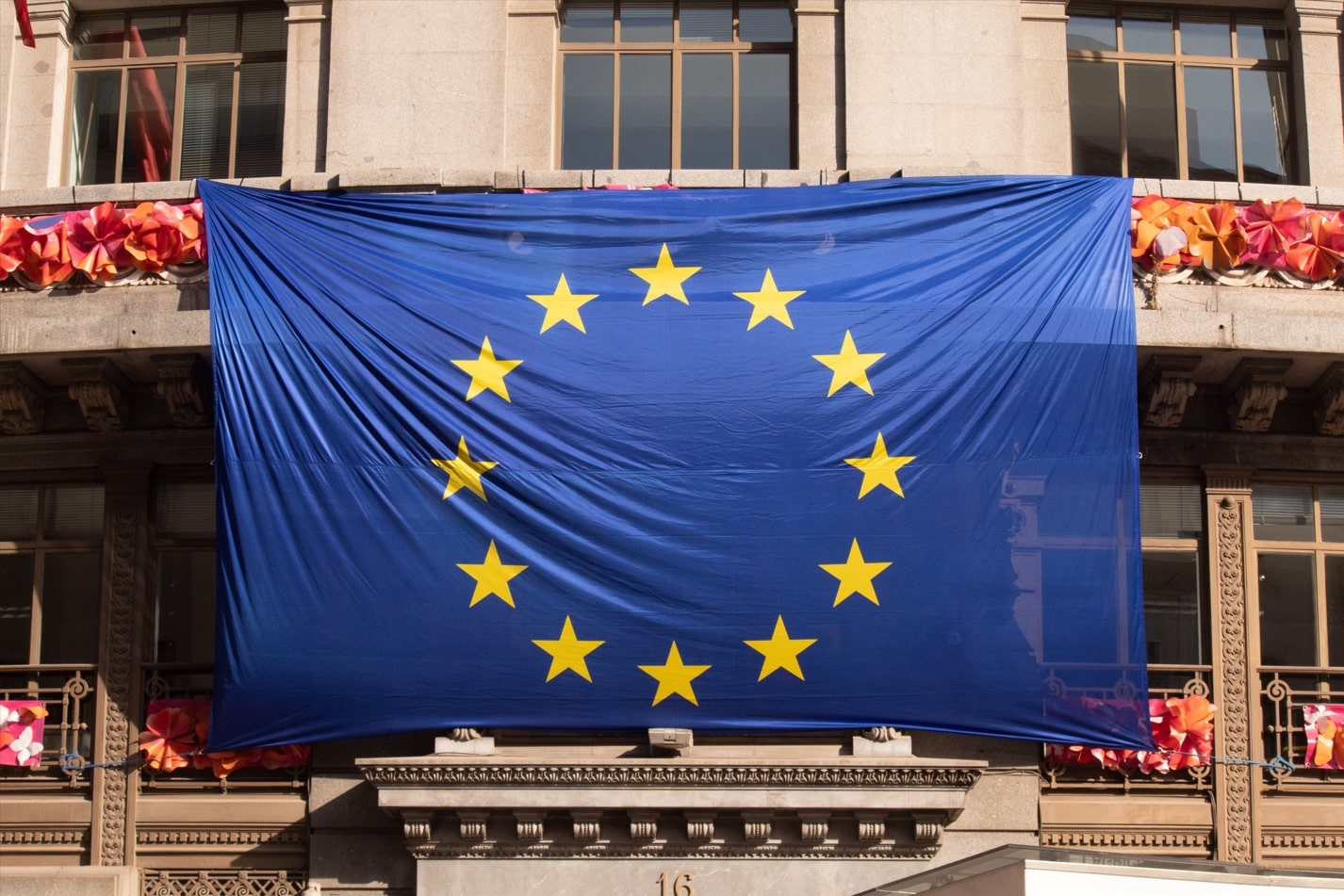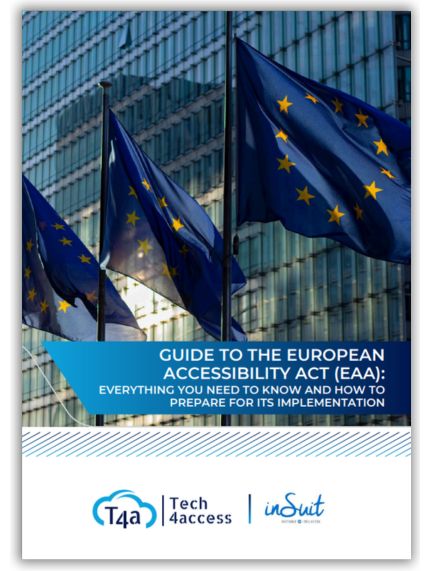

The European Accessibility Act (EAA), or European Union Directive 2019/882, is a key piece of legislation that seeks to ensure that all people, regardless of status, can access digital services and products effectively and without barriers.
In general terms, it establishes a common framework for ensuring the accessibility of websites, mobile applications and other digital products and services in European Union (EU) member states.
In this way, the European Accessibility Act represents a crucial milestone in the evolution towards a more inclusive and equitable digital society.
We must always bear in mind that this legislation is not only a legal mandate, but also reflects an ethical and moral commitment to equal and fair opportunities for all European citizens.
The implementation of this directive implies a process of adaptation and improvement in various sectors such as: technology companies, financial services, e-commerce, public administration, among others.
In Spain, this adaptation period is supported by Law 11/2023 of 8 May, which acts as a transposition of the European Union Directive 2019/882 on the accessibility of certain products and services.
Such a process, based on meeting accessibility requirements, may require significant efforts that, in the long run, translate into invaluable benefits for each of the actors.
On the one hand, companies that comply with digital accessibility regulations experience an increase in customer reach and satisfaction. This is because offerings revolve around a more usable and accessible experience, leading to increased customer loyalty and enhanced brand reputation.
On the other hand, it fosters innovation with the aim of moving towards a more inclusive society that is aware of the needs of all its members.
A key fact that invites us to take into account that digital accessibility not only benefits people with disabilities, but also improves the experience of all users, positively impacting business models and the functioning of public entities.
Who must comply with the European Accessibility Act?
The European Accessibility Act applies to a wide range of digital products and services in the EU market. The sectors that must comply with this legislation include:
- Technology and software development: Companies that design and develop websites, mobile applications, self-service terminals, time and information management terminals, interactive consumer terminals and other digital products must ensure that they comply with the accessibility standards set by the EAA.
- E-commerce: E-commerce businesses, such as online shops and platforms for selling products and services, must ensure that their websites and applications are accessible to all users, including those with disabilities.
- Financial services: Financial institutions offering online services, such as internet banking and mobile banking applications, must comply with accessibility requirements to ensure that all users can effectively access their services.
- Transport and travel: Companies offering transport services, such as airlines, bus companies and online travel agencies, should ensure that their digital platforms are accessible to persons with disabilities.
- Governmental bodies: Public institutions and governmental entities are also subject to EAA accessibility requirements, especially with regard to their websites and online services for the public.
- Responses to emergency communications: In particular the European emergency number “112”.
- Social networks
To find out in detail to which products and services it applies, we invite you to visit the European Union Directive 2019/882 on accessibility (European Accessibility Act).
General requirements of the European Accessibility Act
The European Accessibility Act sets out a number of general requirements that digital products and services must meet to ensure their accessibility. Some of these requirements include:
- Provision of clear information on how the service works, the relationship with the products used, and details on accessibility and interoperability with assistive devices.
- Availability of information through multiple sensory channels to ensure comprehension.
- Presentation of information in a way that is easy for users to understand and perceive.
- Adaptation of the content in textual formats to generate care alternatives and allow its use through different sensory channels.
- Use of appropriate font size and typeface, sufficient contrast and adjustable spacing to improve legibility.
- Provide alternative presentations of content where necessary.
- Ensure that the electronic information needed for the service is perceivable, manageable, understandable and robust.
- Ensure consistent and appropriate accessibility of websites, online applications and mobile-based services.
- Provide information on accessibility and assistive technology compatibility in support services such as call centres, technical assistance and training.
For all these reasons, the European Accessibility Act is a key element in guaranteeing digital accessibility in the EU.
Prepare your business before June 28, 2025
The European Accessibility Act requires digital products and services to be accessible. Our free guide will help you identify the necessary steps to comply with the regulations smoothly.
inSuit invites you to comply with the accessibility standards established to promote barrier-free opportunities and the inclusion of all people in digital environments. Be an agent of change!

